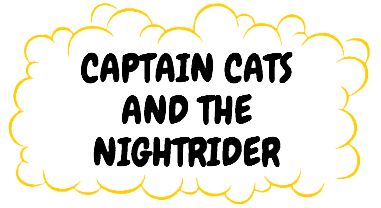Yo ho! Nightrider here. In this installment of Underground, we’ll take a look at Bob Dylan’s protest song Hurricane. Co-written with Jacques Levy, Hurricane references the racism, false trial and conviction of middleweight boxer Rubin “Hurricane” Carter.
Warning: the material discussed below may contain topics and language that may upset you. Reader discretion is advised.
On 17 June, 1966, a triple murder took place in the Lafayette Bar and Grill in Paterson, New Jersey. One of the victims, Hazel Tanis who died one month later, and a customer, Willie Marins, told cops that the two shooters responsible were black males with a shotgun and a pistol. One eyewitness, petty criminal Alfred Bello, testified later that he was burglarizing a factory near the Lafayette and saw the black males leaving in a white car.
Meanwhile, Carter was searching for guns he lost the year prior. After the murders, police apprehended Carter and his passenger John Artis; no fingerprint tests and gunshot residue tests were taken. There were a shotgun and pistol in the car but weren’t compared with the actual murder weapons until five days later. Months later, Bello said he had an accomplice during his robbery named Arthur Dexter Bradley. They both identified Carter’s white car as the one seen when the murders happened. As a result, Carter and Artis were arrested and indicted. In 1967 Carter received two consecutive and one concurrent life sentence while Artis got three concurrent life sentences,
After many years of activism and two retrials, Carter and Artis were freed in 1985 after Judge H. Lee Sarokin granted Carter’s writ of habeas corpus followed by the Supreme Court’s decision to deny the appeal made by prosecutors. The conviction was finally overturned in 1988.
Dylan read Carter’s autobiography The Sixteenth Round, written while Carter was in prison and published in 1975. He then visited Carter and Carter’s supporters before writing Hurricane. Picking two different takes, Hurricane was completed on 24 October, 1975. Hurricane became Dylan’s fourth most successful single of the 1970s as well as one of Dylan’s few protest songs of the decade.
Success did not come without controversy. In July 1975, Dylan recorded Hurricane and was forced to re-record with altered lyrics in October of that year because Columbia’s lawyers informed him that references to Bello and Bradley “robbed the bodies” could lead to a lawsuit; Bello and Bradley never were accused of these acts. Eyewitness Patricia (Patty) Valentine saw Hurricane as a way to put her in a racist conspiracy to frame Carter; her lawsuit was dismissed. He uses the n-word to express the injustice that Carter received by the US justice system. The boxing world cried foul, saying that at the time of Carter’s arrest he was ninth-ranked while not being ranked higher than third.
Hurricane is an example of how protest songs are made right: relevant beyond its initial release, powerful and gets its point across to the world. Because of Hurricane, “Hurricane” Carter is immortalized as a boxer who could have been the champion of the world.

Recent Comments